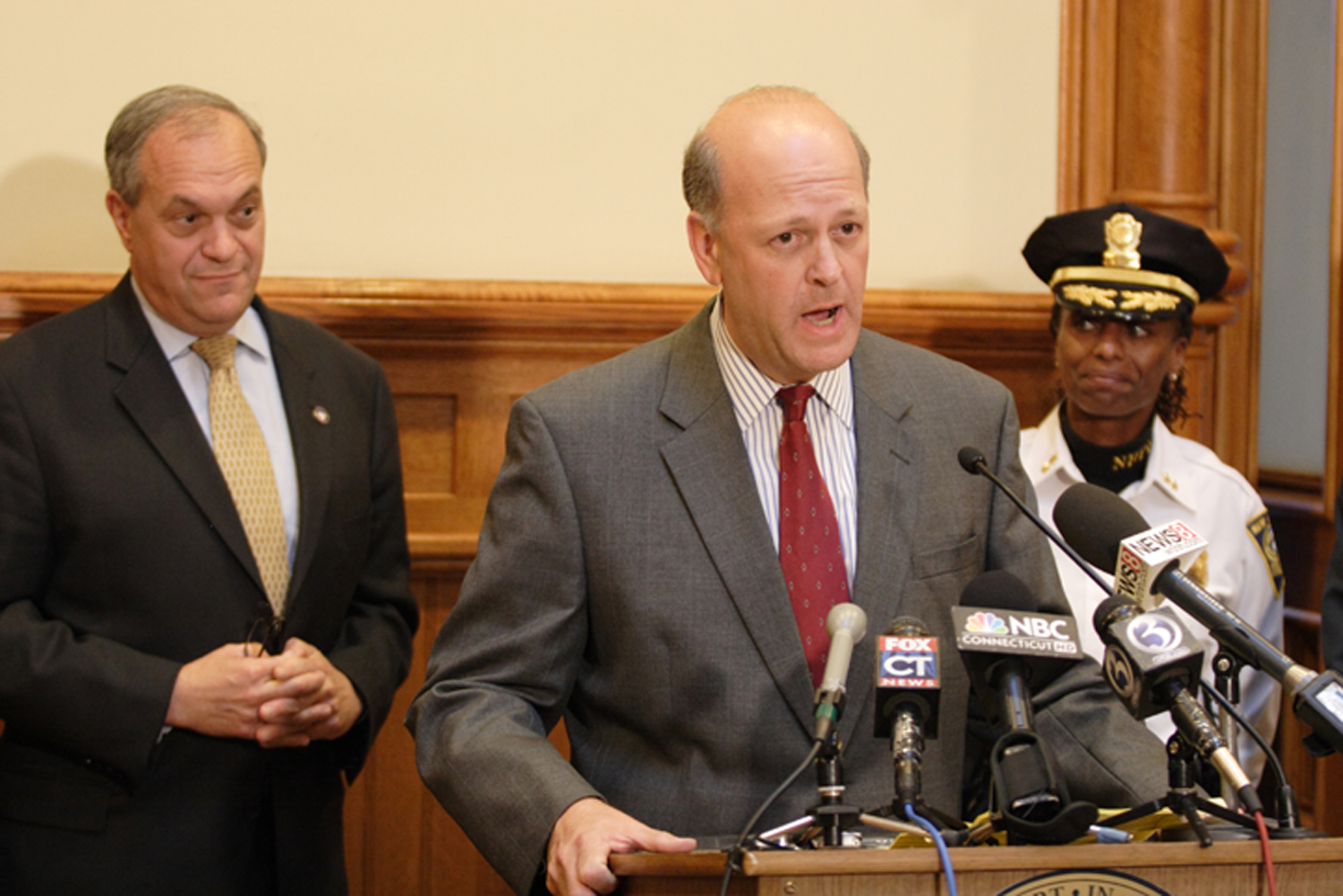
Mayor Toni Harp is on track to review a shortlist of candidates for New Haven Police Department chief by the end of March, after Dean Esserman resigned as police chief last September.
A committee headed by New Haven’s Chief Administrative Officer Michael Carter will narrow its current list down to three candidates, who will be contacted for in-person interviews in the coming weeks. According to city spokesman Laurence Grotheer, the committee is looking for candidates with “formal education,” as well as experience leading a police department that serves a city of comparable size to New Haven.
“[Mayor Harp] hopes that the new chief has familiarity with public safety in New Haven and that the new chief shares her deeply held commitment to community-based policing,” Grotheer said.
Following four years of service, Esserman resigned as NHPD chief last September after receiving a vote of no confidence from the police department union and continued criticism of his job performance and work attitude. A July 2016 press release from the union cited “poor morale, hostile work environments, intimidation, retaliation, lack of leadership quality and inability to make sound decisions” as reasons for dissatisfaction with Esserman.
Assistant Chief Anthony Campbell ’95 DIV ’09 has since September performed the department’s supervisory duties as interim police chief while the city works to find a new permanent chief.
According to Grotheer, the committee led by Carter reviews all applications for the police chief position and passes names on to the mayor for further consideration. The review board includes a variety of community members, including Yale Police Chief Ronnell Higgins, Office of Emergency Management Deputy Director Rick Fontana and Ward 12 Alder Gerald Antunes.
Craig Miller, an NHPD officer and the president of Elm City Local, a union that represents 450 NHPD officers, said the union does not have representation on the committee and has not been involved in any conversations about the list of potential candidates.
Miller added, however, that the appointment of a new police chief affects union members because each new chief’s policies have the potential to change the department’s working conditions.
“The members of this union are hoping a new chief will raise the morale in the department which is at an all-time low due to poor decisions made in the past,” Miller said. “We would like a chief who is recognized for working with the community and department personnel and is familiar with the way NHPD has operated and currently operates.”
In line with the police union’s expectations, local activist Barbara Fair said she hopes the new police chief is familiar with the local policing culture — preferably an Elm City native — and that the candidate prioritizes building more amicable relationships with community members.
Fair highlighted that whoever the new chief might be, he or she must be “community-minded,” while also earning the respect of the entire police force. Her ideal list of the three finalists includes retired Assistant Chief Petisia Adger, current Assistant Chief Otoniel Reyes and Campbell, she said.
“I think they would be the dream team for turning around the culture of policing in New Haven,” Fair said. “That has to be what happens. The place right now needs to change because it is nowhere near community policing.”
She specifically underscored her support for Petisia Adger, who Fair said was popular within the local community and was able to rise through the ranks in the NHPD as the department’s first black and female assistant chief.
Esserman first entered the NHPD as assistant police chief in 1991.







